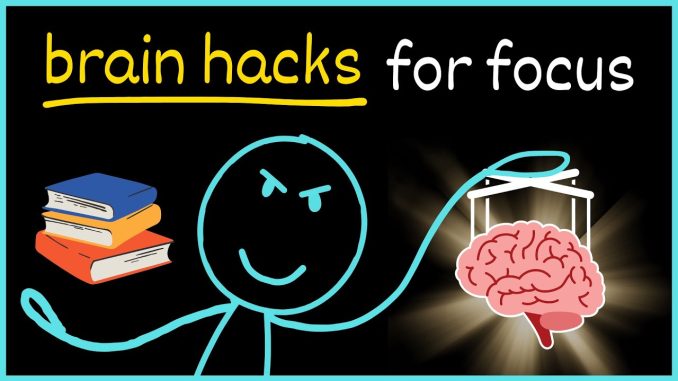
In an age of constant notifications, social media, and endless online distractions, staying focused while studying has become more difficult than ever. Whether you’re preparing for final exams or just trying to complete your daily assignments, concentration is key to effective learning.
Fortunately, staying focused is a skill that can be improved with the right strategies. Here are some practical, science-backed tips to help you concentrate better and get more out of every study session.
1. Set Clear Study Goals
The first step to staying focused is knowing exactly what you’re trying to accomplish. Instead of vague goals like “study for chemistry,” break your tasks into clear, manageable objectives. For example:
-
Read and summarize Chapter 3
-
Complete five practice problems
-
Review flashcards for 20 minutes
Clear goals give your mind a specific target and reduce the chances of drifting off task. Use a planner or checklist to track your progress and stay motivated.
2. Choose the Right Environment
Your study environment plays a major role in your ability to concentrate. Ideally, you want a space that is quiet, tidy, and free from distractions.
Tips for creating a focus-friendly space:
-
Keep your desk clean and organized
-
Use noise-canceling headphones if needed
-
Choose natural lighting or a well-lit space
-
Let those around you know you need quiet time
Even small changes, like adjusting the lighting or removing clutter, can improve mental clarity and reduce stress.
3. Limit Digital Distractions
Smartphones and social media are among the biggest obstacles to focused studying. One message or notification can derail your momentum.
Here’s how to minimize digital interruptions:
-
Turn off non-essential notifications
-
Use apps like Forest or Focus Keeper to block distractions
-
Try the “Do Not Disturb” mode during study time
-
Leave your phone in another room if possible
If you’re studying on a computer, consider browser extensions like StayFocusd or Cold Turkey that limit access to distracting websites.
4. Use the Pomodoro Technique
The Pomodoro Technique is a simple but effective time management method that involves studying in short, focused bursts with regular breaks. Here’s how it works:
-
Study for 25 minutes
-
Take a 5-minute break
-
Repeat 3–4 cycles
-
Take a longer break (15–30 minutes)
This approach keeps your brain fresh and prevents burnout. It also gives you a clear structure for your study sessions, which can help you resist the urge to procrastinate.
5. Stay Hydrated and Eat Brain-Friendly Foods
What you eat and drink has a direct impact on your concentration. Dehydration can lead to fatigue and brain fog, while the right foods can improve mental clarity.
Try these focus-friendly options:
-
Water or herbal tea instead of sugary drinks
-
Nuts, seeds, or dark chocolate for snacks
-
Balanced meals with protein and complex carbs
-
Avoid heavy or greasy foods before studying
Keeping a water bottle at your desk and fueling your body properly helps maintain consistent energy and focus.
6. Practice Mindfulness and Deep Breathing
When your mind starts to wander, mindfulness can bring it back on track. Practicing a few minutes of deep breathing or meditation before studying helps calm your thoughts and center your attention.
Try this simple breathing exercise:
-
Inhale deeply for 4 seconds
-
Hold for 4 seconds
-
Exhale slowly for 4 seconds
-
Repeat 3–5 times
Over time, mindfulness exercises can increase your attention span and reduce stress, making it easier to stay engaged with your studies.
7. Take Purposeful Breaks
Your brain needs downtime to function at its best. Instead of pushing through when you’re mentally exhausted, give yourself permission to take purposeful breaks.
Good break activities include:
-
Taking a short walk
-
Doing light stretching or movement
-
Listening to calming music
-
Having a healthy snack
Avoid diving into TikTok or binge-watching videos during your breaks—it’s easy to lose track of time. Set a timer if needed to get back on schedule.
8. Review and Reflect at the End
At the end of your study session, take a few minutes to review what you’ve learned. This reflection helps reinforce the material and gives you a sense of accomplishment.
Ask yourself:
-
What did I accomplish today?
-
What was challenging, and how did I handle it?
-
What can I improve next time?
Tracking your progress and reflecting regularly will help you stay motivated and focused over the long term.